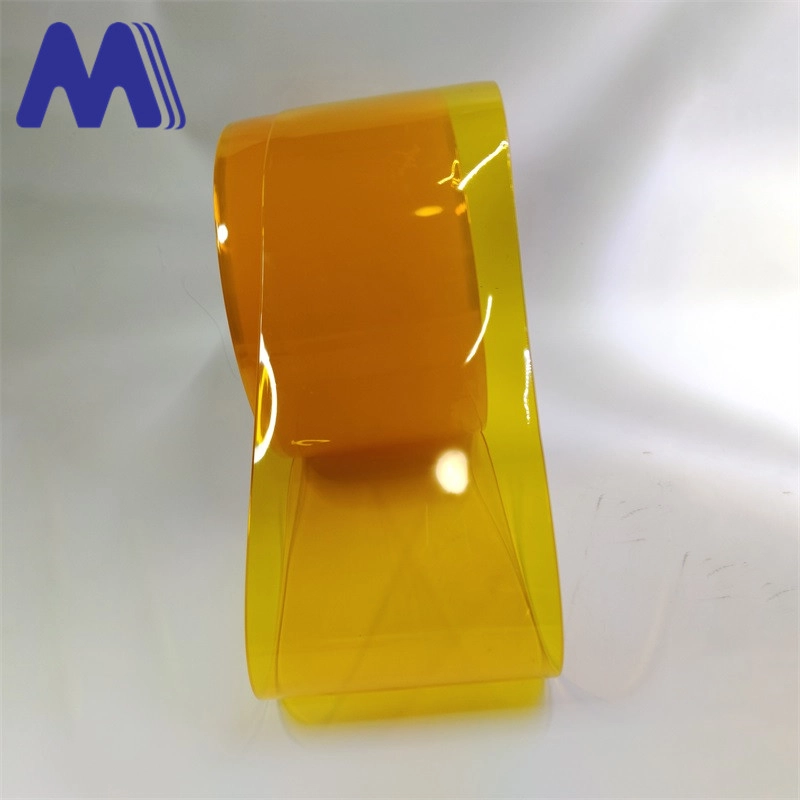- Afrikaans
- Albanian
- Amharic
- Arabic
- Armenian
- Azerbaijani
- Basque
- Belarusian
- Bengali
- Bosnian
- Bulgarian
- Catalan
- Cebuano
- Corsican
- Croatian
- Czech
- Danish
- Dutch
- English
- Esperanto
- Estonian
- Finnish
- French
- Frisian
- Galician
- Georgian
- German
- Greek
- Gujarati
- Haitian Creole
- hausa
- hawaiian
- Hebrew
- Hindi
- Miao
- Hungarian
- Icelandic
- igbo
- Indonesian
- irish
- Italian
- Japanese
- Javanese
- Kannada
- kazakh
- Khmer
- Rwandese
- Korean
- Kurdish
- Kyrgyz
- Lao
- Latin
- Latvian
- Lithuanian
- Luxembourgish
- Macedonian
- Malgashi
- Malay
- Malayalam
- Maltese
- Maori
- Marathi
- Mongolian
- Myanmar
- Nepali
- Norwegian
- Norwegian
- Occitan
- Pashto
- Persian
- Polish
- Portuguese
- Punjabi
- Romanian
- Russian
- Samoan
- Scottish Gaelic
- Serbian
- Sesotho
- Shona
- Sindhi
- Sinhala
- Slovak
- Slovenian
- Somali
- Spanish
- Sundanese
- Swahili
- Swedish
- Tagalog
- Tajik
- Tamil
- Tatar
- Telugu
- Thai
- Turkish
- Turkmen
- Ukrainian
- Urdu
- Uighur
- Uzbek
- Vietnamese
- Welsh
- Bantu
- Yiddish
- Yoruba
- Zulu
Exploring the Versatility and Applications of Plastic PVC Sheets in Various Industries
Understanding PVC Sheets Versatile and Durable Plastic Solutions
Polyvinyl chloride (PVC) is one of the most widely used synthetic plastics in the world. Among its various forms, PVC sheets have garnered significant attention for their versatility, durability, and range of applications. In this article, we will explore the characteristics, benefits, and common uses of plastic PVC sheets, shedding light on why they are preferred choices in various industries.
Characteristics of PVC Sheets
PVC sheets are made from polyvinyl chloride resin, which is known for its impressive strength-to-weight ratio. These sheets come in various thicknesses, colors, and finishes, making them suitable for diverse applications. They can be produced in both rigid and flexible formats, allowing for a broad range of usage. The rigid PVC sheets are particularly praised for their structural integrity, while flexible versions offer adaptability and pliability.
One of the standout features of PVC sheets is their resistance to moisture, chemicals, and corrosion. This makes them ideal for environments where exposure to harsh substances is a concern. Additionally, PVC is a non-toxic material, which enhances its safety profile for a variety of applications, particularly in the food and medical sectors.
Benefits of PVC Sheets
The benefits of using PVC sheets are numerous. First and foremost, they are incredibly durable. Unlike other materials that can degrade or corrode over time, PVC sheets maintain their integrity even when faced with environmental stressors. This longevity translates into lower replacement costs and less environmental waste.
Another advantage is their ease of fabrication. PVC sheets can be easily cut, drilled, and glued, allowing for customized solutions tailored to specific needs. Their light weight makes transportation and installation straightforward, reducing labor costs and time.
plastic pvc sheets

Moreover, PVC sheets are also highly versatile in terms of aesthetic appeal. Available in numerous colors and finishes, they can be utilized in design applications, from home decor to commercial settings. Whether used as signage, wall panels, or display cases, PVC sheets add a modern touch to any project.
Common Uses of PVC Sheets
The applications of PVC sheets are extensive, transcending multiple industries. In construction, they are commonly used for cladding, roofing, and window profils due to their durability and weather resistance. Additionally, they serve as an excellent alternative to wood or metal in many situations, providing a more cost-effective and water-resistant solution.
In the signage industry, PVC sheets are used to create vivid graphics and advertisements, benefiting from their smooth surface that easily holds ink and paint. Retail establishments often utilize PVC in the form of display stands and POS systems, ensuring that their merchandise is showcased effectively.
The medical field also makes use of PVC sheets for a variety of purposes, from manufacturing medical devices to creating sterile barriers in exam rooms. Their non-toxic nature and ability to withstand cleaning agents make them a preferred choice in healthcare settings.
Conclusion
In summary, plastic PVC sheets encompass a range of properties that make them an invaluable asset across numerous industries. Their durability, versatility, and aesthetic appeal ensure that they remain a favored choice for both practical and creative applications. As industries continue to seek sustainable and efficient materials, PVC sheets will undoubtedly play a significant role in the future of manufacturing and design. Understanding the potential of these plastic sheets can lead to more innovative uses and applications, driving forward a culture of creativity and sustainability.
-
High-Quality PVC Strip Bulk Rolls – Anti-Insect, Plastic & Standard PVC Strip Curtains for Industrial UseNewsJul.08,2025
-
High-Quality Plastic Strip Door Curtain La Gama – Keep Spaces Fresh and HygienicNewsJul.08,2025
-
Plastic Flaps for Freezer Doors – Durable & Efficient Plastic Strips and CurtainsNewsJul.08,2025
-
Industrial Plastic Curtains for Efficient Temperature Control Durable Strip Doors for Butchers & RefrigeratorsNewsJul.07,2025
-
High-Quality PVC Door Curtain – Magnetic & Transparent Options for Efficient SeparationNewsJul.07,2025
-
High-Quality 냉장실용 커튼 for Efficient Cooling Durable PVC Coated Wire Mesh RollosNewsJul.06,2025



